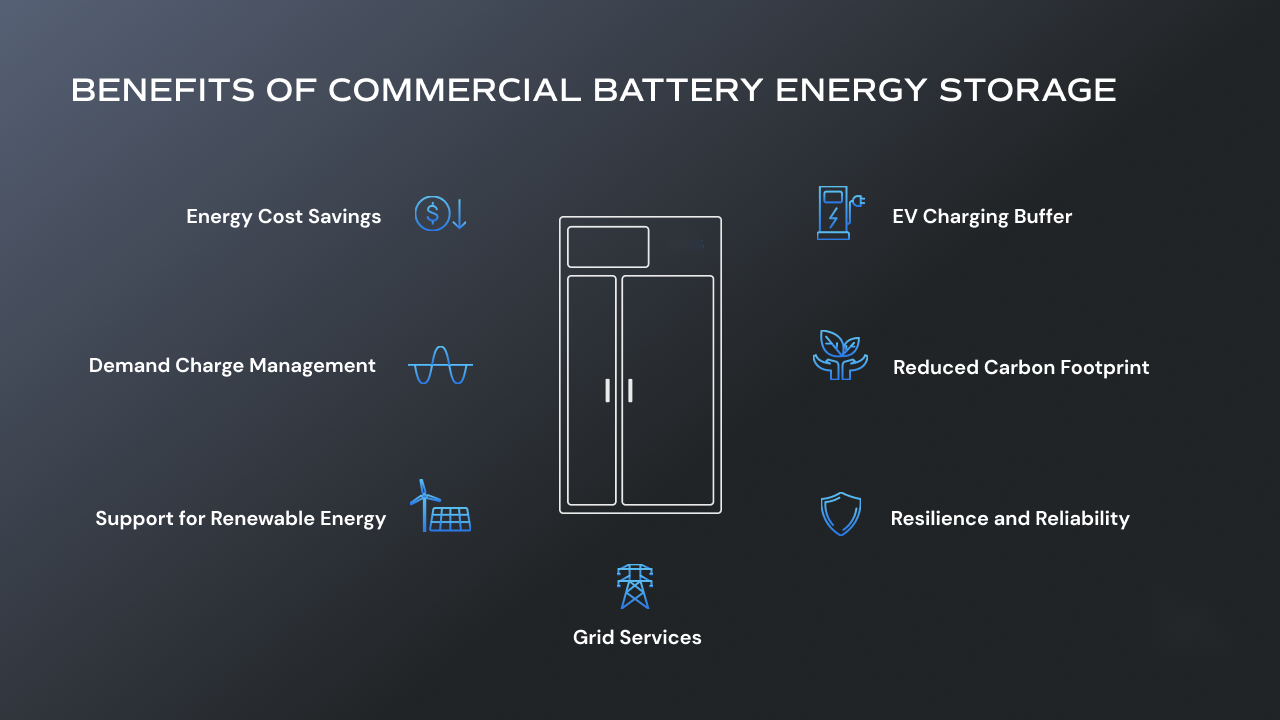
1 月 . 12, 2024 14:58 返回目录
电池储能系统基础知识:电池、PCS、BMS
The global energy crisis and the pressing need for environmental protection have brought energy storage technology to the forefront as a key solution. Among the various energy storage technologies available, battery energy storage systems have emerged as one of the most practical and commonly used options. At the heart of these systems lie three essential components: batteries, power conversion systems (PCS), and battery management systems (BMS).
首先我们来深入了解一下电池本身,它是电池储能系统的核心。电池是将化学能转化为电能的装置。它们由正极、负极、电解质和隔膜组成。电池有多种类型,例如铅酸电池、镍氢电池和锂离子电池。其中,锂离子电池因其能量密度高、寿命长、环保等优点而受到青睐。
接下来是电源转换系统(PCS),该组件在电池储能系统中发挥着至关重要的作用,它将电池中存储的电能转换为可以提供给电网或用户的交流电。 PCS 通常由逆变器、变压器和控制器组成。其主要功能是将直流电转换为交流电,控制电能的输入和输出,保证整个系统的安全稳定。 PCS的性能直接影响电池储能系统的效率和使用寿命。

接下来是电池管理系统(BMS),它是电池储能系统的组成部分。 BMS包括监控模块、控制模块和通信模块。其主要职责是实时监控和控制电池的状态,包括电压、电流、温度和充电状态 (SOC) 等参数。此外,BMS还可以保护和控制电池免受过充、过放、过流等潜在风险的影响,确保电池的安全性和使用寿命。
In summary, the battery energy storage system comprises three fundamental components: batteries, PCS, and BMS. Batteries serve as the core storage mechanism, PCS converts stored energy into usable AC power, and BMS actively monitors and protects the battery, ensuring its optimal functioning and longevity. Achieving efficient, stable, and safe operation of battery energy storage systems relies on the harmonious cooperation between these three components.
Efficient energy storage is essential for meeting the demands of a fluctuating energy grid and reducing reliance on fossil fuels. Battery energy storage systems offer a viable solution to these challenges, providing a means to capture and utilize excess energy and deliver it back to the grid when needed. This technology has the potential to significantly enhance the reliability and stability of power supply, paving the way for a cleaner and more sustainable energy future.
As the global energy crisis intensifies, there is a growing need for further research and development to advance battery technology and optimize the performance of battery energy storage systems. Improvements in battery energy density, lifespan, and cost-effectiveness are crucial to accelerating the adoption of battery energy storage on a larger scale. Additionally, the integration of intelligent control systems and advanced monitoring technologies can enhance the efficiency and safety of battery energy storage systems, making them an even more attractive solution for future energy needs.
In conclusion, battery energy storage systems are at the forefront of the fight against the global energy crisis. Batteries, PCS, and BMS constitute the essential components of these systems, collectively working together to store, convert, and optimize energy usage. As the world strives to transition towards cleaner and sustainable energy sources, battery energy storage systems will play a pivotal role in achieving this goal. Continued advancements in battery technology and system integration will propel the widespread adoption of energy storage, providing a more reliable and environmentally friendly energy landscape.
如有侵权将删除
参考网站:https://www.scupower.com
-
Wireless DC Charging: The Next Frontier in Contactless EV Power Delivery
新闻Aug.04,2025
-
Hybrid BMS Energy Controls: Integrating Renewable Energy Sources
新闻Aug.04,2025
-
Blockchain for Secure and Decentralized EMS Power Systems
新闻Aug.04,2025
-
AI-Driven for Smart Grids: Energy Management System (EMS)
新闻Aug.04,2025
-
Advanced Distribution Management System (ADMS) Energy
新闻Aug.04,2025
-
5G-Enhanced BMS Energy Savings: Ultra-Low Latency Control
新闻Aug.04,2025























